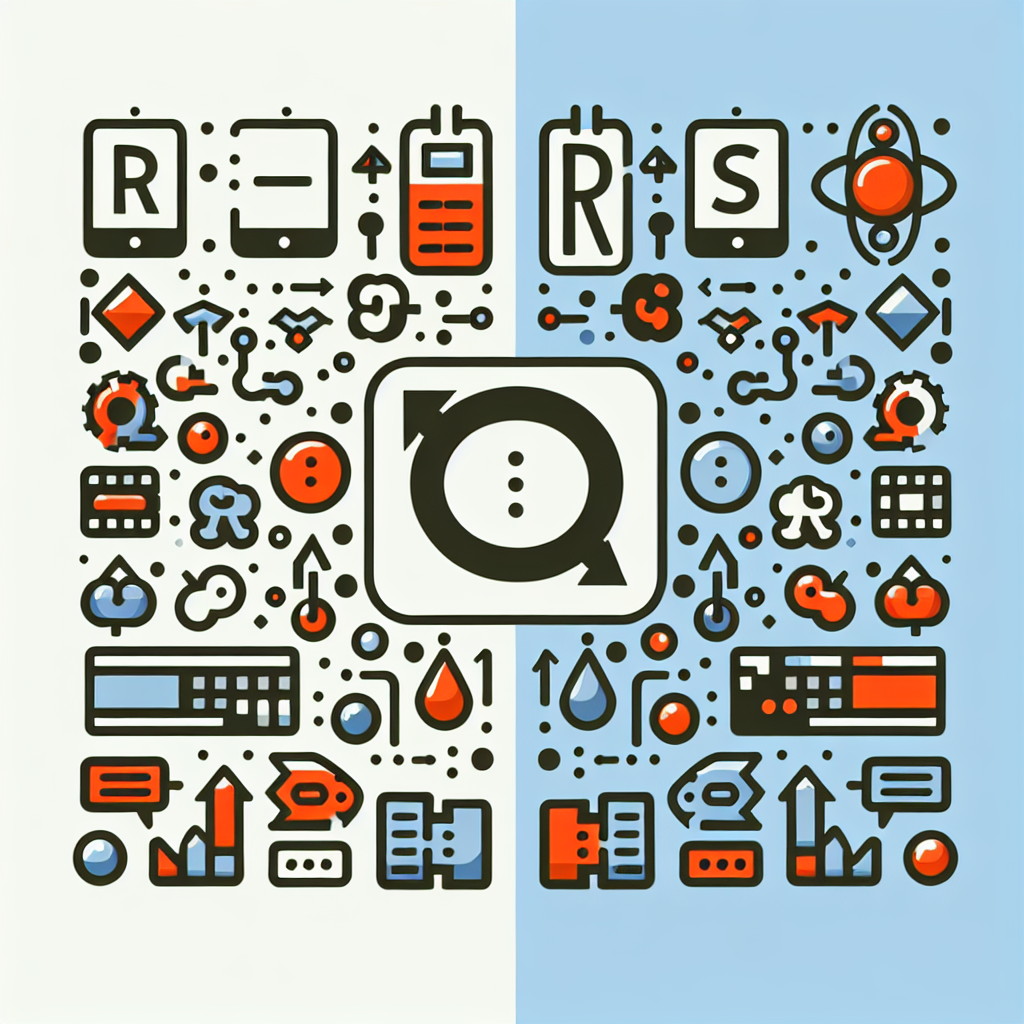Convert R to Scala Seamlessly | Efficient Tool Online
Seamlessly convert R scripts to Scala with our powerful tool. Enhance data analysis and boost performance. Try now for efficient R to Scala transformation!
Source Code
Converted Code
Output will appear here...
The R to Scala tool seamlessly converts R scripts into efficient Scala code, enhancing performance for data processing and analytics tasks. Ideal for data scientists and developers, it bridges the gap between statistical modeling and scalable data engineering. Boost productivity and streamline workflows with this essential tool for data-driven environments.

R to Scala Conversion Tool Link to this section #
Efficiently transform your R code into Scala with the 'R to Scala' conversion tool. This tool is designed for data scientists, statisticians, and programmers seeking to leverage the strengths of both R and Scala languages in big data analytics and machine learning projects.
Key Features Link to this section #
- Automated Syntax Translation: Converts R scripts into Scala code, simplifying the process of adopting Scala's robust type system and performance benefits.
- Preservation of Logic: Ensures that the statistical logic and algorithms in R are accurately translated into Scala, maintaining the integrity of your computations.
- Integration with Spark: Facilitates seamless integration with Apache Spark, enhancing the scalability of data processing tasks.
Benefits Link to this section #
- Performance Enhancement: Scala offers superior performance and concurrency, which is beneficial for large-scale data operations.
- Type Safety: Enjoy the advantages of Scala's static type system, reducing runtime errors and improving code reliability.
- Cross-Platform Compatibility: Utilize the best of both worlds by integrating R's statistical prowess with Scala's scalability.
Sample Conversion Link to this section #
Convert a simple R vector operation to Scala:
R Code:
x <- c(1, 2, 3, 4, 5)
y <- x * 2
Scala Equivalent:
val x = Array(1, 2, 3, 4, 5)
val y = x.map(_ * 2)
Related Technologies Link to this section #
- Apache Spark: Learn more about its integration
- Scala IDE: Enhance development productivity with Scala IDE.
Conclusion Link to this section #
The 'R to Scala' tool bridges the gap between statistical analysis and scalable data processing, enabling you to harness the full potential of both languages. Whether you're transitioning to Scala for its performance benefits or integrating with Spark for large-scale analytics, this tool provides a seamless and efficient pathway for code conversion.
Frequently Asked Questions
What are the primary differences between R and Scala?
R is a language and environment specifically designed for statistical computing and graphics, making it ideal for data analysis and visualization tasks. Scala, on the other hand, is a general-purpose programming language that combines object-oriented and functional programming paradigms, making it suitable for building scalable applications and data processing systems. R is often used for data analysis and machine learning tasks, whereas Scala is preferred for big data processing, often in conjunction with frameworks like Apache Spark.
How can I integrate R and Scala in a data processing workflow?
You can integrate R and Scala in a data processing workflow by using Apache Spark. SparkR allows R users to leverage the distributed data processing capabilities of Spark. Alternatively, you can use the 'rscala' package, which facilitates interoperability between R and Scala, enabling you to execute Scala code from R and vice versa. This is useful for leveraging the strengths of both languages in a single workflow.
Is it possible to call R functions from Scala?
Yes, it is possible to call R functions from Scala using various interoperability approaches. One such method is through JRI (Java-R Interface), which allows Java applications (and hence Scala) to execute R code. Another approach is to use the 'rscala' package, which provides a bridge between R and Scala, enabling you to execute R code and functions directly from Scala applications.